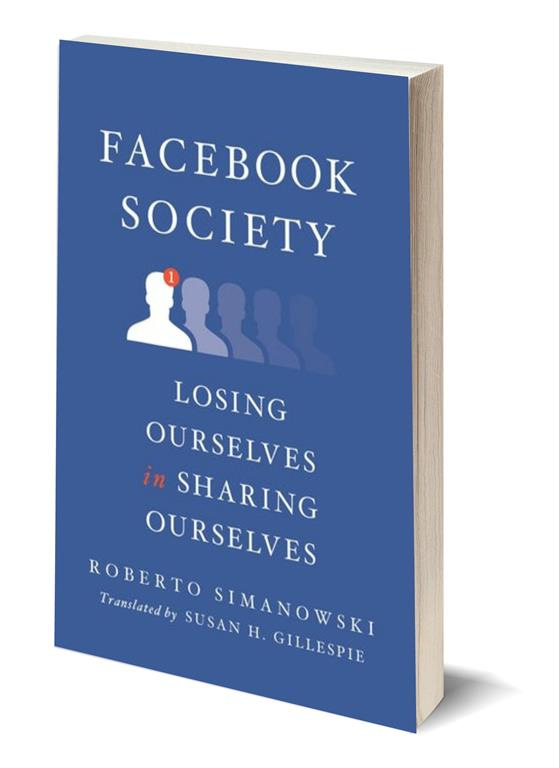Facebook Society: Losing Ourselves in Sharing Ourselves
I left Facebook late in 2016 and I haven’t returned since. The still unfolding saga of Facebook, Cambridge Analytica and the campaign to leave the EU, and the controversies over fake news have played a role, but I had started despising Facebook long ago.
Truth suffers on Facebook. We tend to trust and be influenced by our peer groups. But on social media our extended peer group may contain a lot of fake people,calculated to manipulate us, to influence us without even realizing it. Every moment Facebook algorithms calculate the chances that a person will act in a particular way and then it directs our behaviour in the sneakiest way possible.
In our eagerness to “connect” with people we are giving up our own freedom. There is a shift, from being free people, we are becoming resources for organizations, such as Facebook which with our voluntary assistance, are harvesting personal views and preference, in order to use or sell the information.
In his 2017 letter Mark Zuckerberg said he is “worried about sensationalism in media” and laid out his purpose as “mitigate around sensationalism, and polarization leading to a loss of common understanding.”
And then again in his long 2018 letter (5.700 words, for God's sake) he says, “in times like these, the most important thing we at Facebook can do is develop the social infrastructure to give people the power to build a global community that works for all of us.”
I’ ve read this sentence a few times trying to understand. Does he really say that Facebook should run the world? Does he really dream of a Facebook society?
This is the title of Roberto Simanowski’s recent book, Facebook Society: Losing Ourselves in Sharing Ourselves, from Columbia University Press and translated by Susan H. Gillespie.
About three hundred years ago, the French mathematician, philosopher and writer Blaise Pascal wrote, “All the unhappiness of men arises from one single fact, that they cannot stay quietly in their own chamber.” Everyone, he said, feels his nothingness, his weakness, his dependence and his emptiness. Without diversion, man won’t be able to sustain himself. Diversion protect us from the thought of death the hunts every human being.
What this has to do with Facebook? Facebook has been presented as a utopia of communication beyond the principles of hierarchical and utilitarian thinking. Facebook has been entertaining the illusion that humans are on the road to a better world. It promotes what we call ‘small talk’, a placebo conversation the offers nothing other than killing time.
It's aim is to avoid to be in Pascal’s “quiet chamber” that means to leave one alone with his own thoughts. Facebook and other social networks, offer permanent communication, they guarantee that you will be never be alone with yourself, they keep you permanently busy. Facebook, says Simanowski, “takes care of the problem of meaning in life by getting rid of any time to wonder.”
Facebook mode of communication hinders any productive and well-thought-out conversation. It does not encourage reflection. It restricts any attempt of discussion to the dualistic reaction of likes and dislikes. One’s popularity and evaluation is measured by the number of likes.
Is this the global community that we would like to live?
As I was writing this post, I read that “Facebook allowed Microsoft’s Bing search engine to see the names of virtually all Facebook users’ friends without consent, the records show, and gave Netflix and Spotify the ability to read Facebook users’ private messages.” (NYT, 18 December, 2018). 2018 has been a difficult for Facebook, but it was tougher for its 2.5 billion members.


